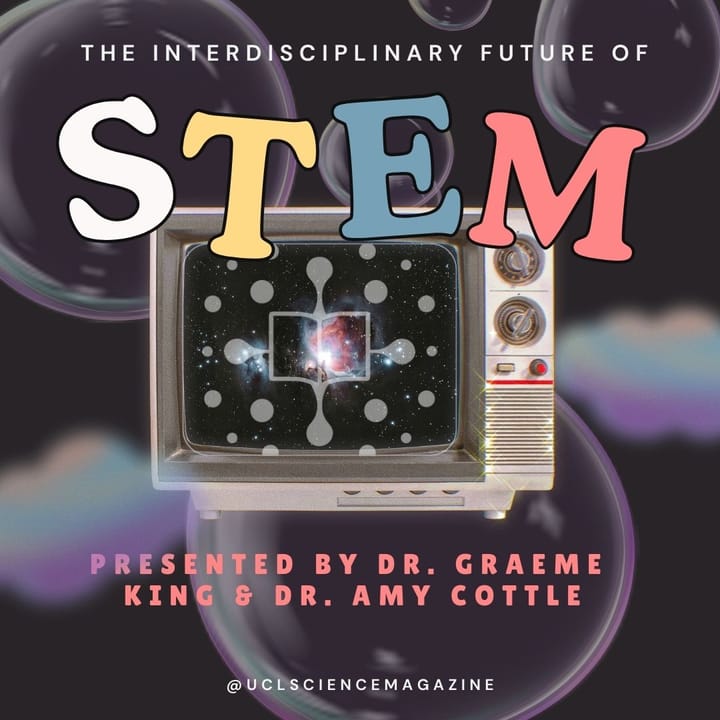Healthcare services are facing a major paradigm shift with the collapse of key clinician-patient relationships. Narrative medicine, however, may just be the harbinger to bringing the ‘care’ back into healthcare. By Obomate Briggs.
A study published in 1984 found that the average amount of time between a patient beginning to speak and the doctor’s first interruption was eighteen seconds [1]. This alarming statistic alludes to the broad form of epistemic complaints that continually arise within modern healthcare practices. Invariably, the vulnerable party feels as though they are not being seen or heard fully, on a holistic level, but rather regarded as simply a diagnosis.
“Being a good physician is about more than scientific knowledge, [it involves] understanding people,” writes Darrell Kirch, President of the Association of American Medical Colleges [1]. In the last few decades, narrative medicine has evolved as a response to this consideration, endeavouring to restore the patient-physician relationship.
Narrative and Medicine. Literary and Scientific. Concepts which seem inherently juxtaposed in nature were, in fact, born through the interweaving of medicine, the humanities and the arts. Rita Charon, the field’s pioneer, first used the term “narrative medicine” in 2000 to define clinical practice as narrative competency, using skills to recognise, internalise, interpret, and be moved by stories of illness [2]. Just like any other transferable skill, these competencies can be built and improved upon through creative expressions like reflective writing and literary analysis.
In developing these narrative sensitivities and sensibilities, healthcare providers become more empathetic, mindfully contextualising patients' lived experience by entering their world and interpreting it from their point of view. Hence, the essence of narrative medicine is in the art of listening for stories in healthcare, not just writing them, so to speak,
While evidence-based medicine is the cornerstone of current medical practice, when taken alone it tends to shift focus from the patient while ignoring the narrative from a more personal perspective. Comprehending and appreciating narratives in clinical medicine can help the clinician to combine experiential knowledge, evidence-based medicine, and psychosocial perspectives[3]. Narrative medicine aims to be a model for empathy, reflection, professionalism, and trust [2]. Its impact is continually being recognised so much so that initiatives using this approach have sprung up globally, with medical schools and healthcare institutions incorporating narrative medicine courses and workshops into their curriculum and community education [4].
A qualitative study on the impact of narrative medicine on medical trainees’ learning of professionalism proved this model to be successful. It concluded that through the process of writing and paying attention to their relationship with the patient, trainees learned how to give the most practical assistance to their patients; they paid more attention to the implicit knowledge they acquired. They were also more aware of developed reflection and empathy. Ultimately, this not only aids the patient-physician relationship, but also is beneficial for future practitioners on a personal level. In a profession that often involves dealing with loss, narrative medicine programs are providing clinicians with an opportunity to humanise not only their patients but themselves. With these programs being used to counteract burnout among some clinicians [5]. While there are many accounts of the benefits of narrative medicine, there are some potential constraints which breed hesitancy about incorporating these modern medical practices.
In 1984, a patient could speak for an average of eighteen seconds prior to being interrupted by their physician. With our current healthcare system being overwhelmed and understaffed, it is possible that this still rings true today, and the idea of dedicating even more time practising narrative medicine in a system already burdened by time constraints may seem ludicrous. However, studies have shown that the time required to listen to patients is not excessive [3] and it is possible that new technologies could give clinicians more time for narrative techniques with patients. Researchers at the National Cancer Institute in Italy have recently studied the feasibility of a digital narrative diary application in oncology. From the response of the study, not only was the digital narrative medicine (DNM) platform considered useful by both patients and healthcare professionals, but also indicated that DNM could optimise time management during scheduled visits [6].
While there are many accounts of the healing benefits of narrative medicine, further empirical evidence of its benefits is required. However, it can be argued that some things are true to our nature and our experience despite them not being experimentally confirmed. Narrative medicine is admittedly a tool, not a cure, but that does not negate the need for an evidence-based approach. But, in the words of Rita Charon, “To listen to a story of illness is not a therapeutic act, but it gives dignity and honour to that voice”. Patient care is key to a thriving health system; perhaps it's time for our NHS to embrace and honour its patient's stories.
Bibliography
[1] Kidd IJ, Carel H. Epistemic Injustice and Illness. J. Appl. Philos. 2017;34(2):172-190
[2] Charon R. Narrative Medicine: A Model for Empathy, Reflection, Profession, and Trust. JAMA. 2001;286(15):1897–1902. doi:10.1001/jama.286.15.1897
[3] Rosti G. Role of narrative-based medicine in proper patient assessment. Supportive Care in Cancer. 2017;25(1):3-7
[4] Huang C, Jenq C, Liao K, Lii SC, Huang CH, Wang TY. How does narrative medicine impact medical trainees’ learning of professionalism? A qualitative study. BMC Med. 2021;21(1);1-8
[5] Butcher L. Neurologists Find an Antidote to Burnout Through Narrative Medicine. Neurology Today. 2019;19(8);40-41
[6] Cercato M, Colella E, Fabi A et al. Narrative medicine: feasibility of a digital narrative diary application in oncology. J. Int. Med. Res. 2022;50(2);1-12





